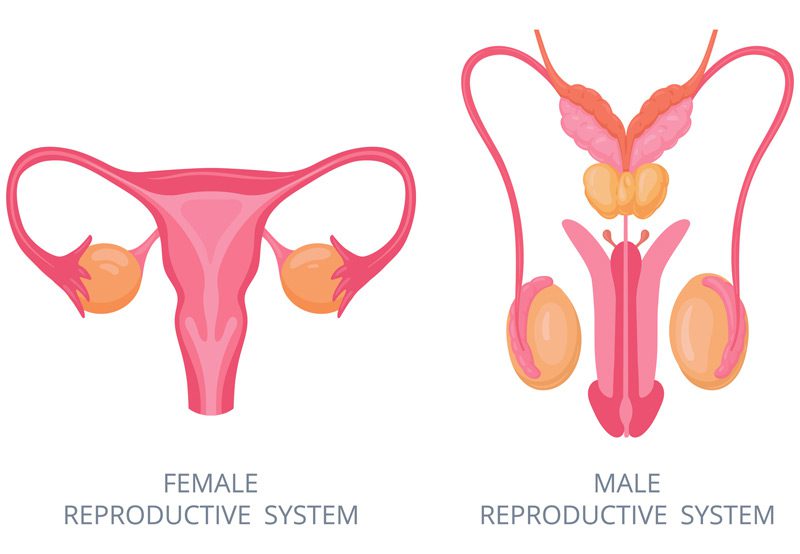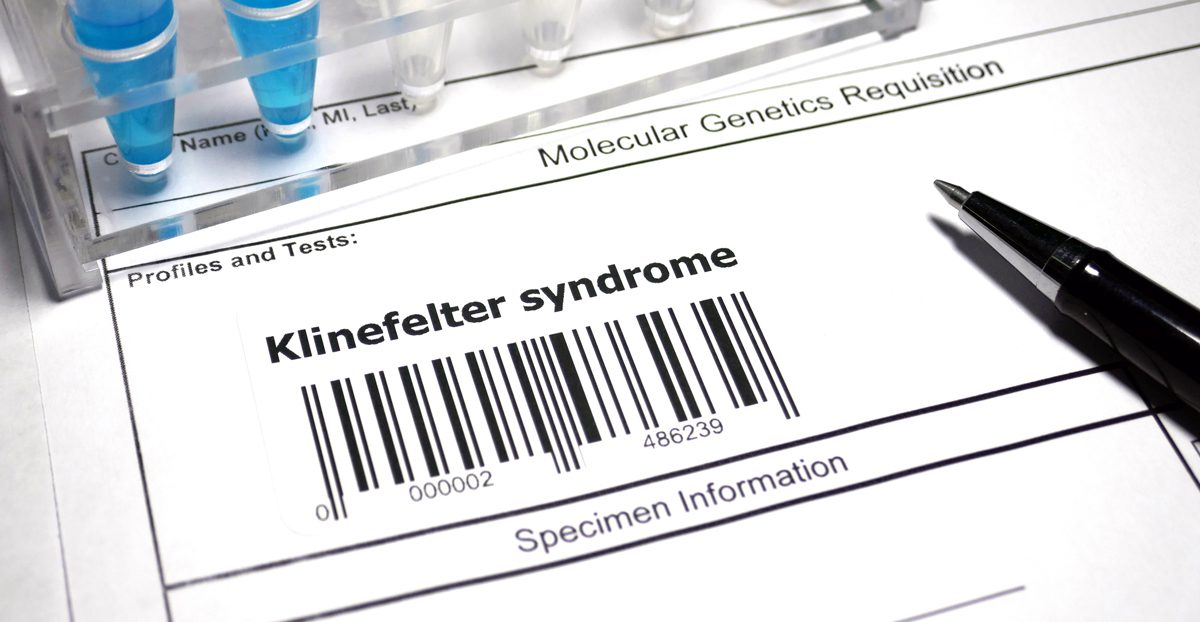

Klinefelter syndrome is a genetic condition in which males are born with an extra X chromosome, resulting in a karyotype of 47,XXY instead of the typical 46,XY. This chromosomal variation can lead to a variety of physical, developmental, and hormonal effects. Though many individuals with Klinefelter syndrome may have mild or no noticeable symptoms, others may experience more significant challenges that impact physical and emotional health.
In particular, men with Klinefelter syndrome may experience infertility and reduced testosterone levels.
Causes of Klinefelter Syndrome
Klinefelter syndrome is caused by a random genetic error during the formation of the sperm or egg, leading to an extra X chromosome. This condition occurs in approximately 1 in 500 to 1,000 males and results from an error in either sperm or egg development. The condition is not influenced by family history, lifestyle, or environmental factors.

Diagnosis
Klinefelter syndrome is typically diagnosed through:
- Chromosomal Analysis (Karyotyping): A blood test can confirm the presence of an extra X chromosome, which is definitive for the diagnosis.
- Physical Exam: Physicians may observe physical signs of Klinefelter syndrome, such as tall stature, small and firm testes, or reduced facial and body hair.
- Hormonal Tests: Testosterone levels are often measured, as individuals with Klinefelter syndrome typically have lower levels than those of typical male development.
- Fertility Testing: Since infertility is common, sperm analysis may be conducted to assess sperm production and quality.
Treatment Options
While there is no cure for Klinefelter syndrome, various treatment options can help manage symptoms and improve chances of fertility:
- Testosterone Replacement Therapy: Hormone therapy is commonly prescribed to increase testosterone levels, which can help improve muscle mass, bone density, and energy levels, as well as enhance mood and libido.
- Fertility Treatment: Though many men with Klinefelter syndrome are infertile, some may produce sperm through assisted reproductive technologies like sperm extraction combined with in vitro fertilization (IVF).
Next Steps
If Klinefelter syndrome is suspected, early diagnosis and intervention can greatly improve outcomes. Consulting with a healthcare provider specializing in genetics, endocrinology, or reproductive medicine can help establish a treatment plan tailored to the individual’s specific needs. Early management of testosterone levels, fertility options, and cognitive support can enhance overall well-being and quality of life.
